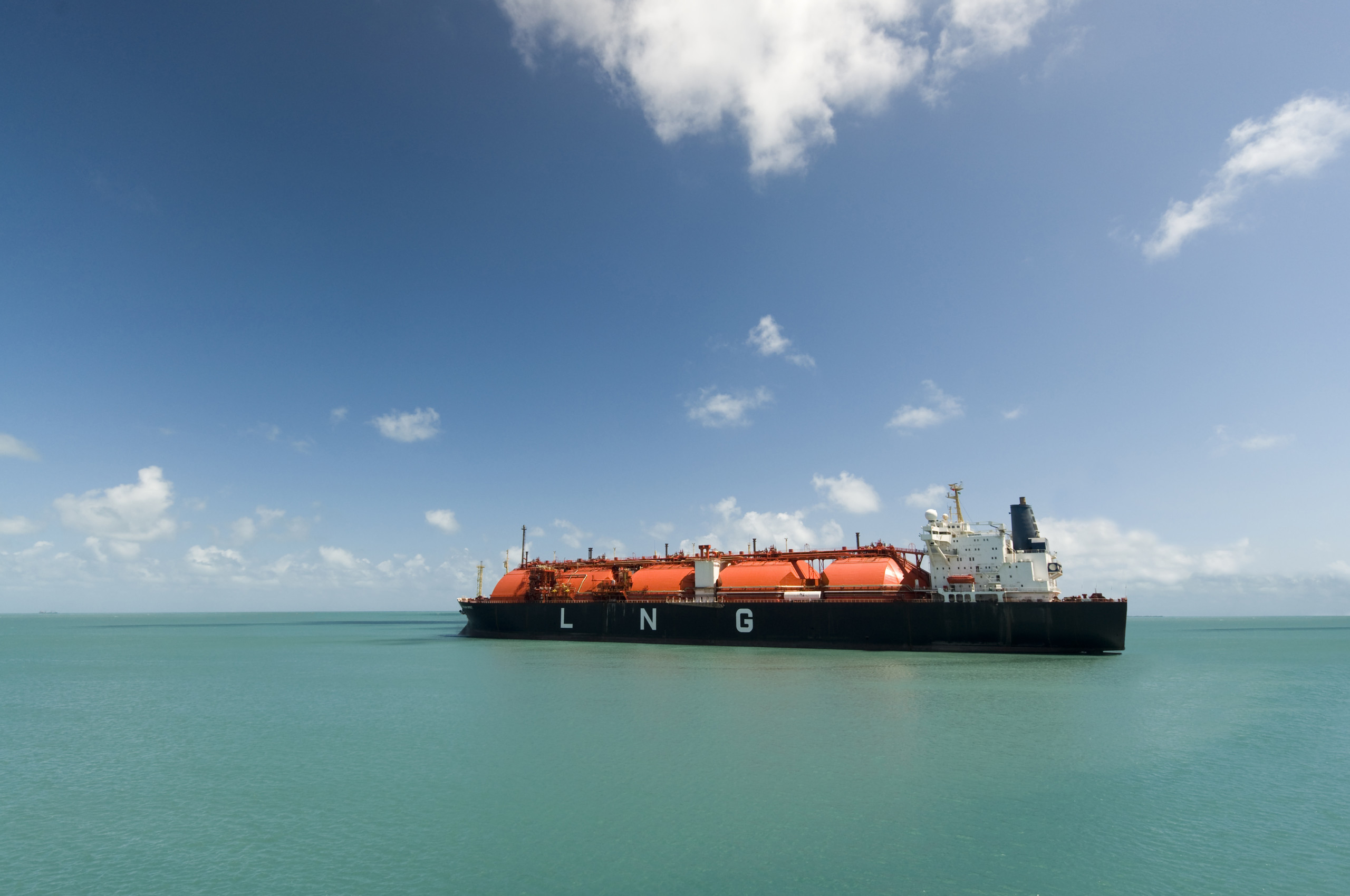LNG and small-scale LNG: shaping a new global gas market
Liquid Natural Gas (LNG) – natural gas that has been turned into a liquid by cooling it to a temperature of minus 162 degrees Celsius – has radically transformed the gas market in recent years.
Although the liquifying technology was introduced already a century ago, it is only in the past decade and a half that LNG has become a globally traded commodity. According to the 2018 World LNG Report from the International Gas Union (IGU) global exports have tripled since the early 2000´s to almost 300 million tonnes per annum (MTPA), which is almost two times total EU annual gas production.
And the future for LNG continues to look bright. Shell predicts in its LNG Outlook 2019 that by 2035 demand will have doubled compared to 2017.
The advantage of LNG over natural gas is that it does not need to be transported by pipeline, but can be transported by ship (LNG has 600 times smaller volume than natural gas). This makes it possible to reach more destinations and has changed the gas market from one dominated by long-term bilateral contracts with nontransparent pricing into a global commodity market with worldwide benchmark prices like the oil market.
Asian countries in particular are showing great demand for LNG. China, for example, is replacing coal by LNG in many of its cities to improve air quality.
Another development that is spurring LNG demand in Asia has been the introduction of so-called Floating Storage and Regasification Units (FSRUs). These offshore facilities are a low-cost flexible alternative to capital-intensive onshore LNG-terminals and are enjoying a lot of interest in emerging Asian economies, such as India, that are looking for affordable ways to gain access to LNG.
Small-scale LNG
The growing number of both onshore LNG receiving terminals and FSRUs is also creating a new momentum for what is known as “small-scale” LNG (ssLNG).
LNG is usually processed and transported in large volumes. Natural gas is first converted into liquid form in large liquefaction plants in the country where it is produced, for example in Qatar, the U.S. or Australia. Then it is transported in giant LNG tankers to large plants in the destination countries, for example in Europe, where it is regasified and then fed into the existing gas grid.
In contrast to this established model of regasification and subsequent injection into the gas grid, “small-scale” LNG refers to the production of LNG in small liquefaction plants (less than 1 million tonnes per year). The LNG produced in this way is directly used in its liquid form in small volumes.
In addition, LNG receiving terminals are increasingly offering “break-bulk services”, whereby large volumes of LNG are broken up into smaller quantities which are then pumped into bunker vessels and smaller tankers for inland shipping.

